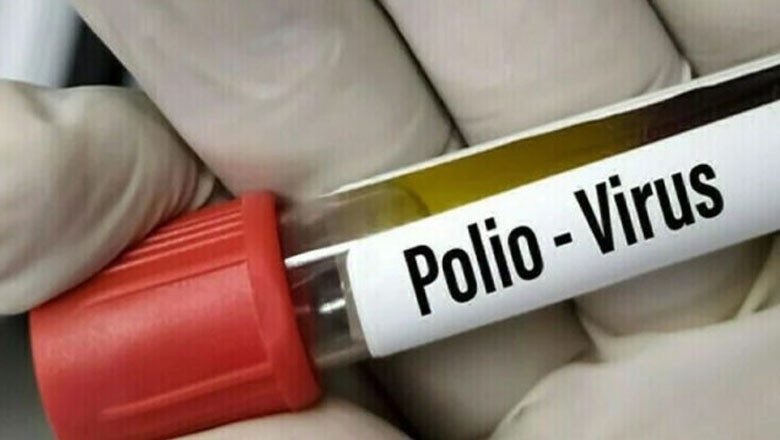Government issues appeal to parents and caregivers across the country to protect their children from polio disability through vaccination

By Asghar Ali Mubarak
ISLAMABAD: As Pakistan witnesses its 21st polio case in 2024, Ayesha Raza Farooq, the Prime Minister’s Focal Person for Polio Eradication, has made an urgent appeal to parents and caregivers across the nation to vaccinate their children against the disease. The resurgence of polio, a crippling virus threatening future generations, has prompted alarm as the Regional Reference Laboratory for Polio Eradication at the National Institute of Health confirmed three new cases of wild poliovirus type 1 (WPV1).
Three children, hailing from Killa Abdullah in Balochistan, Karachi Kemari in Sindh, and Mohmand in Khyber Pakhtunkhwa, have been paralyzed by polio, bringing the national tally of affected children to 21 this year. Farooq, expressing deep concern over the rising cases, reiterated the government’s unwavering commitment to intensifying polio eradication efforts. She urged parents to act responsibly, emphasizing the gravity of the situation.
“Each new case represents a child with a name, a face, and a future forever altered by the devastating impact of polio,” Farooq remarked, highlighting the tragic consequences of the disease. “It is heartbreaking to see these cases, especially in regions where the virus continues to spread silently. Vaccination is the simplest and most effective solution to prevent these life-altering outcomes.”
In response to the growing threat, the government has revised its National Polio Eradication Emergency Operations Plan to target zero cases. The updated plan addresses critical gaps in campaign quality, including access to remote areas, vaccination coverage of migrant populations, and overall vaccine acceptance. To close the immunity gaps and halt the virus’s spread, Pakistan is set to launch two large-scale, house-to-house vaccination campaigns before the end of the year. These efforts remain pivotal to safeguarding the nation’s children.
Muhammad Anwarul Haq, the National Coordinator for the Polio Emergency Operations Centre, echoed Farooq’s concerns. “The return of polio in Karachi, Balochistan, and now Khyber Pakhtunkhwa serves as a stark reminder of the importance of vaccination,” Haq stated. He emphasized that the persistence of polio cases is a collective failure to ensure all children are vaccinated through both routine immunization and specialized campaigns.
“Each new child affected by polio exposes gaps in our immunity efforts,” Haq added. “It is the duty of all—parents, caregivers, and society at large—to ensure no child is left unvaccinated when vaccinators visit their homes. Child health and wellbeing are collective responsibilities.”
Polio, a highly contagious disease caused by the poliovirus, predominantly affects children under five years of age. The virus invades the nervous system and can cause irreversible paralysis or death. Although there is no cure, repeated immunizations offer the most effective protection. Each dose of the vaccine strengthens a child’s immunity, significantly reducing the risk of contracting the virus. Through mass immunization efforts, the vast majority of the world has eradicated polio. However, Pakistan and Afghanistan remain the only countries where the virus is still endemic.
As the country continues its fight against polio, the government is relying on the full cooperation of its citizens to ensure the success of upcoming vaccination campaigns. With a renewed sense of urgency, national health officials are determined to reverse the current trend and achieve the ultimate goal of a polio-free Pakistan.



